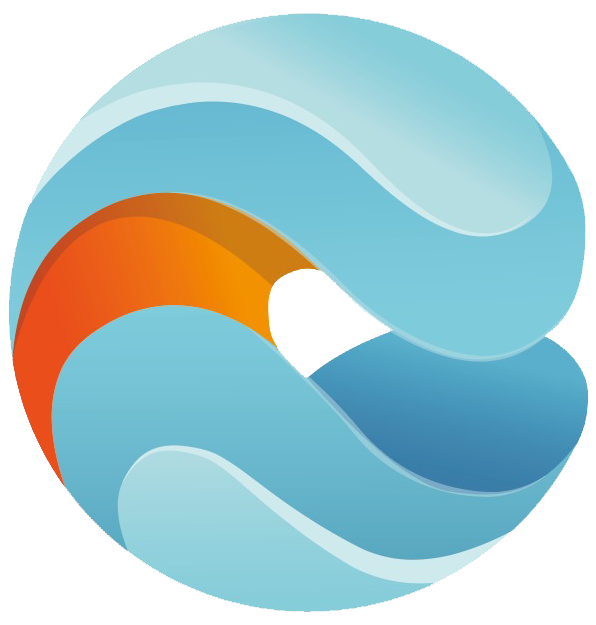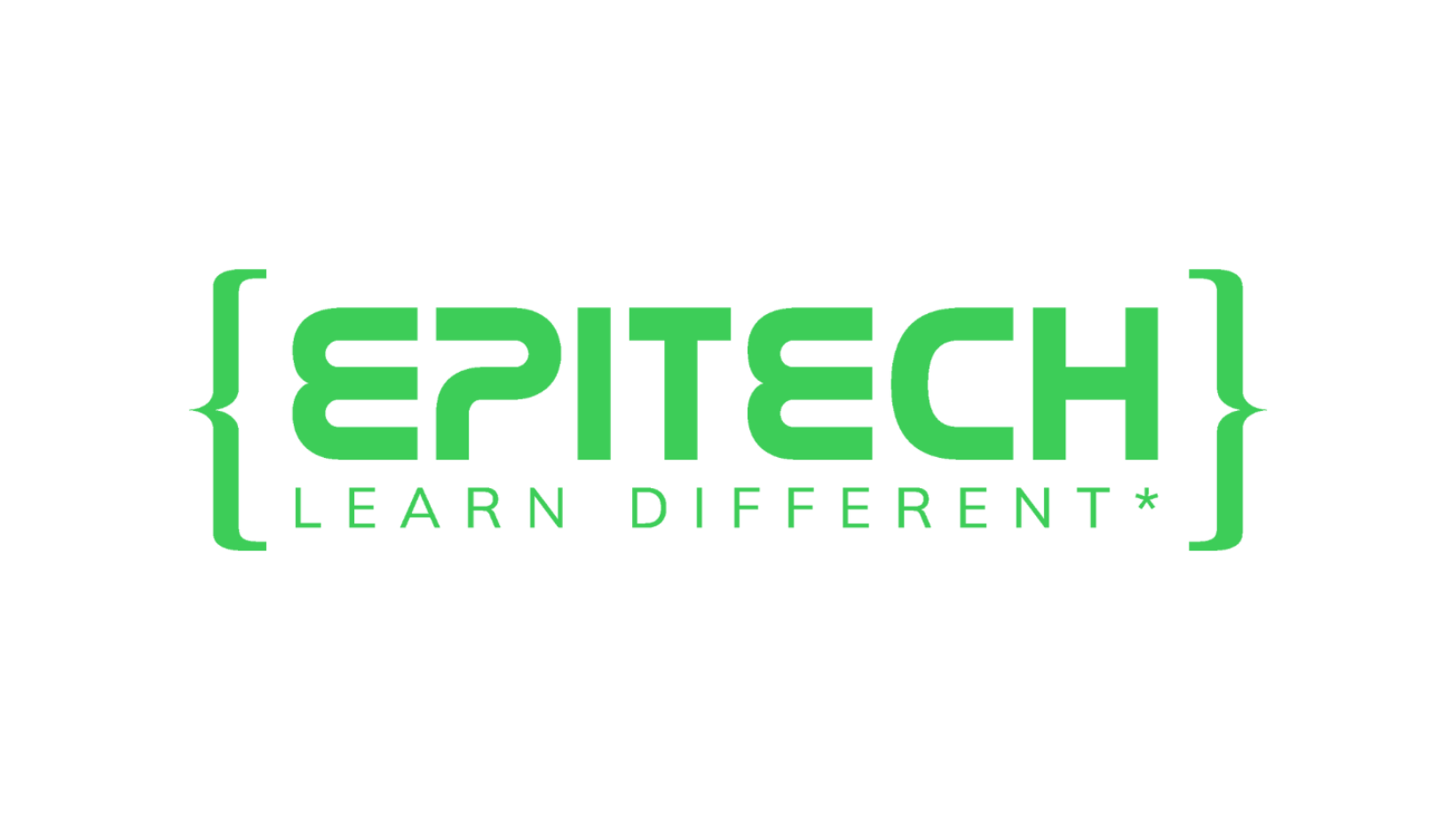If you want to know what the digital revolution is and what this technological change for the digital sector is based on, we’ll delve deeper in this article. Carry on reading to find out more.
What is the digital revolution? Definition
If you want us to define the digital revolution, we can is considered to be the third industrial revolution. In other words, a scientific and technological revolution. But the technical answer for what is the digital revolution is that is a process of change which our society has experienced and continues to experience every day. The arrival of technologies such as analogue, then mechanical and electronic, and finally digital technology, has caused a disruptive change in both society and the economy. As you can see, to define the digital revolution, we must take into account the evolution of society.
What impact has the digital revolution had?
As with any revolution, it’s caused a paradigm change, leaving behind out-of-date, obsolete processes. This came about with the arrival of modern technology, which started to be used in industrial processes, and fast became part of society and the global economy.
Another big change has been the arrival of devices such as PCs and smartphones, which have changed consumer methods, and even our way of socialising. All this has provided the perfect ecosystem to get itself started in the information era.
The era of digital information, or computer science, was when information started to travel quicker than physical movement. All of this was thanks to the creation of digital information and communications technology (ICT).
The world we know is digital and interconnected by devices and digital systems. What’s more, the way of accessing information changed radically, since digital media bring information directly to the user.
On the other hand, there are fewer personal interactions, productivity has increased because of more efficient technology, and workers are fully connected all the time, no matter where they are.
Digital transformation, the key to everything
The processes of changing and adapting to new technologies aren’t just for big companies. In Spain, the whole business fabric, or the way companies are distributed according to their sector, is made up of small and medium enterprises. Because of this, the Spanish business community needs to be prepared and provided with new technologies.
How is Epitech involved in this process? We are a technology and computer science school, offering a master’s degree in computer science. Thanks to this master’s degree, students can learn the skills needed to establish the perfect digital transformation strategy in any business. Because we know it’s a number one priority for businesses.
Customers and users are proactively demanding more and more in a digital environment, which is why they want to have personalised processes, virtual reality (Hyperlink), chatbots, etc. There’s no denying that digital skills are fundamental in any business today and professionals who are computer science experts are increasingly sought-after to bring this revolution to businesses.



